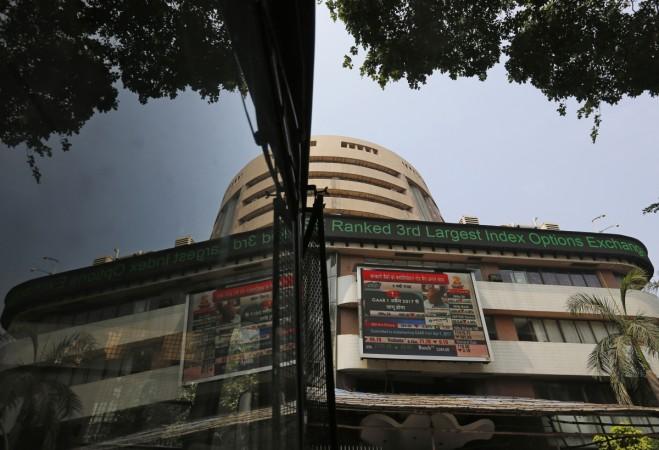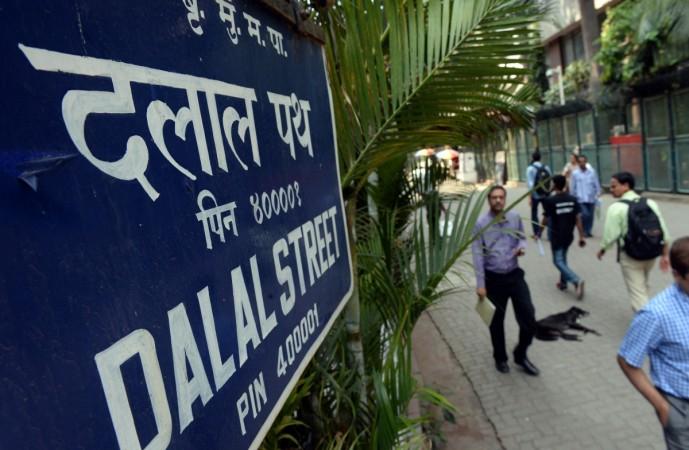
The Indian market witnessed a roller-coaster ride in 2019, even as the Sensex touched new heights by the end. The year also registered huge upswing in the fundraising activities. The Indian companies raised Rs 8.7 lakh crore from domestic and overseas markets in 2019, more than 20 percent in comparison to last year.
The most preferred route for financing needs was debt instruments. The market experts believe that the fundraising in 2020 is going to be influenced by the state of the market, economic growth, US-China trade war and the Union budget.
Further, Gaurav Sood, co-head of equity capital market at ICICI Securities, said: "There will be good appetite for debt markets in the new year too due to falling interest rates in the country and RBI making external commercial borrowings (ECBs) more attractive for several sectors, including non-banking finance companies (NBFCs), by tweaking several norms like maturity period and end-use stipulation."
According to a report by Mint, out of total funds of Rs 8.7 lakh crore raised in 2019, the major part was contributed by debt funds. More than Rs 6.2 lakh crore was raised from the Indian debt market, with another Rs 1.2 lakh crore coming from the overseas bond.
The remaining Rs 1.25 lakh crore were contributed to the equity market. In comparison, firms have raised Rs 7.25 lakh crore, including around Rs 6 lakh crore through debt markets, over Rs 79,300 crores from equities and close to Rs 46,500 crore from the overseas route in 2018.

The funds received in 2019 were majorly used for business expansion plans, loan repayments and to support working capital. A handful chunk of funds raised from initial public offerings (IPOs) also went to the promoters for sale of their holdings. Out of total Rs 6.2 lakh crore raised through Indian debt markets, private placement contributed more than Rs 6 lakh and Rs 16, 425 crores through public issuance. The lower interest rates have been a huge attraction for the investors to pool in their money into the debt funds.
Sood added, "Overall if you see globally and in India, debt capital raised is always significantly higher than equity as eligible unlisted firms can also raise debt through various mechanisms like the public issue, private placement, overseas bonds, and ECB, thereby expanding the universe of companies. Also, we need to understand that the cost of equity in India has been higher than the cost of debt which makes issuers raise equity very conservatively."









!['Had denied Housefull franchise as they wanted me to wear a bikini': Tia Bajpai on turning down bold scripts [Exclusive]](https://data1.ibtimes.co.in/en/full/806605/had-denied-housefull-franchise-they-wanted-me-wear-bikini-tia-bajpai-turning-down-bold.png?w=220&h=138)



